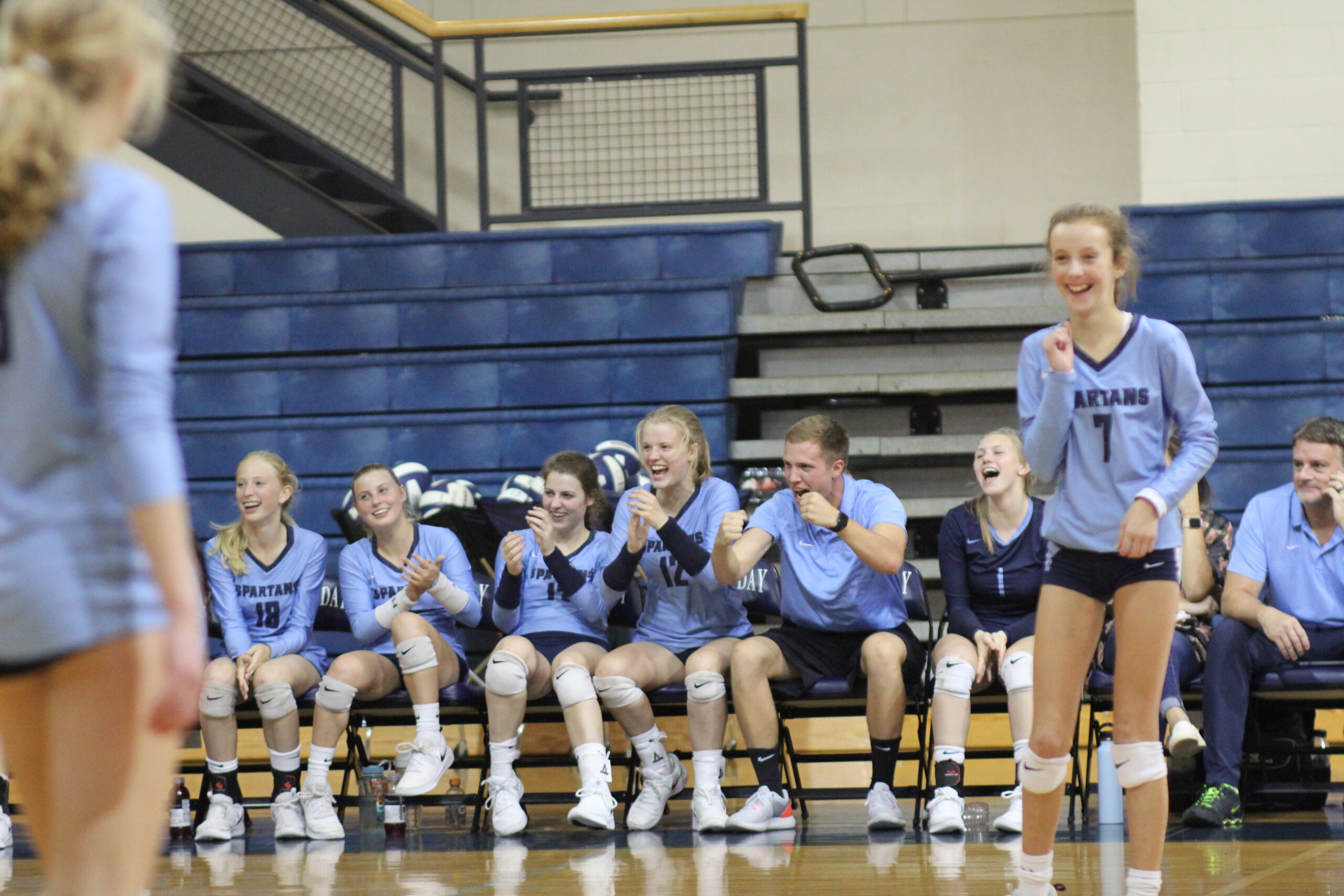Insights Call to Action
Set Clear Guidance for Best Practices
We need better answers to key questions: What types of coach training work best, for whom, and in what settings? Creating clear guidance on coach education will help make training more effective and easier to deliver. That includes identifying best practices for online learning, in-person sessions, hybrid formats, and micro-learning approaches, and accounting for barriers to implementation.
→What this looks like when we get it right: Coaches access ongoing, engaging, and research-backed training that fits their needs, leading to improved learning, confident coaching, and better experiences for kids.
→Who can drive this change? Coach Education; Data & Research; Program Operators; Sports Governance

Why This Issue
To ensure best practices are implemented effectively, we need to understand how coaches learn best. That means understanding what training methods work, for whom, and in what coaching environments. Current coach education varies significantly in design, delivery, and format. The field lacks clear, research-backed guidance on which approaches are most effective.
Getting Started
Build on our understanding of how coaches learn best. Some researchers have explored how coaches prefer to learn – whether through in-person, live virtual, or online training. But all too often, the people who deliver training are often also responsible for designing the programs. In our experience, this dual role presents a challenge, as many lack formal training in instructional design, which limits the quality of learning for coaches.
Provide practical support for coach educators. Tools like the International Coach Developer Framework offer a helpful starting point. Still, more practical guidance is needed to support people and organizations to deliver great learning experiences. For instance, more is being learned about how to improve coaching workshops.
Align training approaches with coaches’ needs. Youth sport organizations, coach developers, and governing bodies should strive to meet coaches where they are—both in terms of their learning preferences and their day-to-day realities. This means identifying the right mix of training formats and delivery methods that not only reach coaches effectively but also support them in applying new knowledge directly in real-life coaching situations.
Invest in coach-centered research. Future research should dive deeper into:
- How coaches prefer to learn
- What gets in the way of learning
- Which formats and design elements help coaches turn training into action
- Understanding how coach developers make decisions about training design and delivery
- How insights from adult learning and learning design can be applied to youth coaching
By using current and future research in coaching and learning design, we can create clearer guidance on how to bring essential knowledge to coaches in ways that stick – and ultimately improve the sport experience for kids.
Game Changing Content
| Item | Description |
|---|---|
|
How youth sport coaches learn to facilitate positive youth development |
|
|
Past, present and future trends in 21st century coach education |